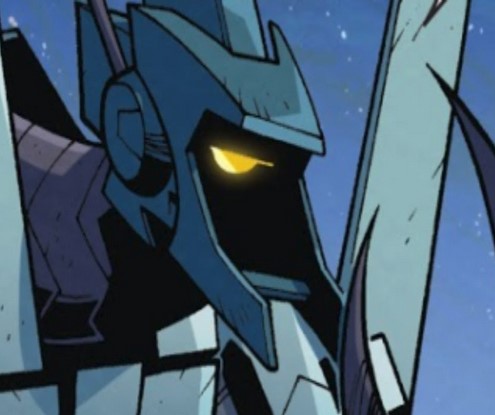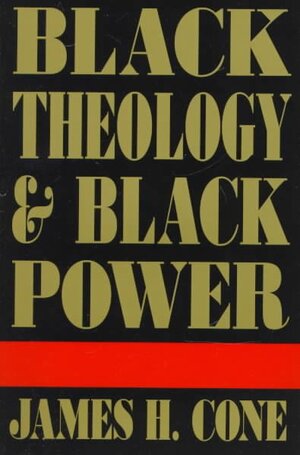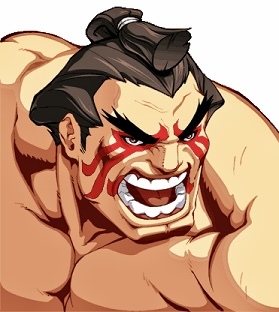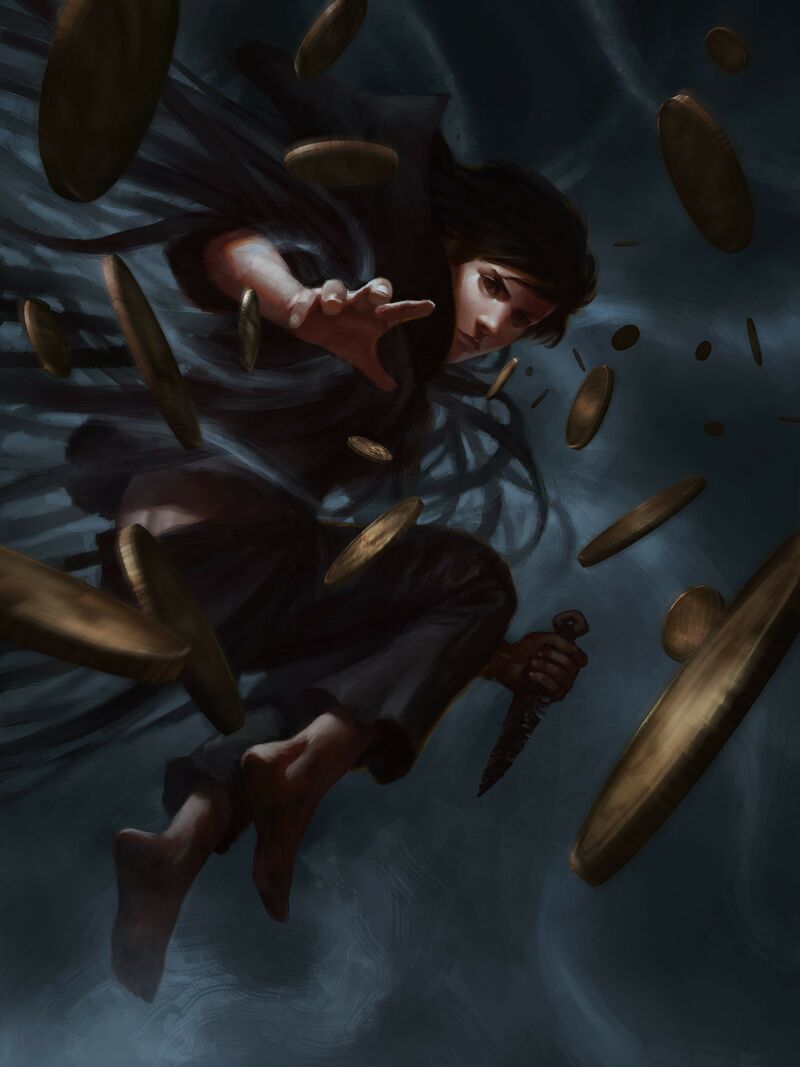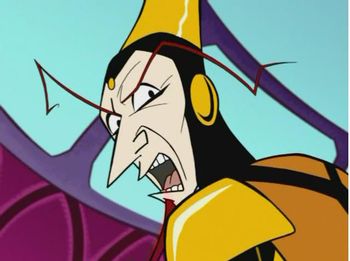His movie about Tanukis fighting against urban development is my favorite (pom poko)
Watched that recently and that shit hit me hard for a movie with raccoons using their stretchy testicles.
I remember some dude put that movie in A tier unironically and put howls moving castle in f tier
I probably agree with him on this. It is the most class conscious film of his imo. It is silly and of it's time (80s Japan in this instance), but that's my favorite movie of his too. It's a better story.
I rewatched Princess Mononoke recently and don't understand the love. Like yeah it's a cool anime, but the monstrous humans clearly win and the protagonist both sides that shit.
I think you need to re-watch the movie if your takeaway was that the humans were just evil monsters.
The town provided refuge for ex-prostitutes and lepers. It fought off besieging marauders and bandits that would have killed and pillaged these people. The humans were not evil, only the king’s ransom for eternal life and the monk were evil.
The boars and monkeys were twisted into evil demons by the industry and economy of the humans, and so were the humans themselves.
The events of the film reset the dialectic and gave a new start, a chance to resolve or better handle the relationship between man and nature. It wasn’t pessimistic about humans as evil viral polluters that blackpilled Malthusian deep green environmentalists have. It has a solution and a way forward.
Sorry but the movie is about the complex dialectic between humanity, industry, war and nature, and reducing it down to “humans evil, nature good” is a gross misreading
Regardless of their background, how are the humans not settlers imposing themselves on the natives? That actual conflict isn't addressed, we're just given a happy little bow in the form of the Deer God's replenishment of the land... which unless I missed something, the humans were happily gonna go back to exploiting, right? The conflict of humans imposing themselves on the local environment is still there, the representative gods have just been removed so there's no longer an insurgency.
Is it ever shown that the humans are settlers and non-native to these lands? Humans have resided in the area where Iron Town is for centuries, they only recently started destroying the ecology due to their advances in industrial technology. What changed was not a mass immigration of colonizing evil polluting humans, it was humans becoming twisted by industry and capitalism and then externalizing that on their surroundings.
I believe it is remarked by the town people after the land is restored that they will rebuild Iron Town but differently. Even if they end up falling into the same issues as before, the events of the film still created a window for genuine change and a possibility.
The protagonist becomes a liaison of the gods and is there in the town to prevent them from going off the rails again. Both the gods and the humans are now at peace and cooperating.
Idk, friend. If I live in the same place for decades and then go in my backyard one day and start clearcutting the rest of the forest, I'm sorry, but i'm settling that shit. That's the history of the US and half the world.💁♂️
Both the gods and the humans are now at peace and cooperating.
The handful of remaining gods. After the slaughter. That happy bow put on the ending was drenched in blood and tied up with a knot of, "we're gonna pretend we didn't just commit genocide."😅
I don’t know what to tell you, you want a nice clean morality tale and that’s not what this movie is. It’s a movie with environmentalist, materialist and pacifist themes about the dawning of modernity. That’s Miyazaki and the Japanese left’s general outlook due to their specific history.
So what, the gods slaughter the lepers, workers and prostitutes in Iron Town and then what? Keep killing any humans that encroach until the gods are too weak and get overrun with even worse humans?
It’s only through the stewardship of Ashataki that the gods stand any long term chance for survival. Ashataki represents sustainability, rejecting both Malthusian anti-humanism and industrial destruction and profit seeking. He is the only character unclouded by hate and their own short-sighted interests, he is the only one who can synthesize the humanism of Eboshi with the environmentalism of Princess Mononoke.
Miyazaki movies very often rehabilitate the enemy and come to a resolution that is much more complex. Sounds like you want the Disney moralist ending and not the messy dialectic of history
look, don't get me wrong, it's a classic, I get it. I watched it years ago, loved it. Now I'm making my way through the Ghibli catalog on HBOMax and there's some real bangers, some eh. But whatevs. Like don't think I hate it or anything. I just think that a lot of the love it gets in leftist spaces is based on nostalgia.
Sure, the humans are victims of society, and ideally, we'd get a movie about them going off and fighting back against that society, but we don't we got a movie about how in order for them to survive they have to destroy the environment around them... but there's no reparations for the environment as the victim in the ending. There's no real environmentalist lesson that it gets applauded for. There's a Deus ex machina rebirth and a throwaway line about how the deer god never really dies. Humanity gets to go back to doing whatever they hell they want and we're just told that everything's going to be okay because the protagonist that couldn't stop them from killing the deer god is going to make sure they stay on the up and up. I don't want to keep debating it, call it disneyfied or whatever, that's just my take on it.
I think even if everything you said is true (i don’t agree that it is) your entire premise of judging the quality of art and film by how well it aligns with your ideological predisposition is fundamentally flawed and lib-brained. Based on the erroneous assumption that having art with good politics will fix anything in the real world, instead of just reflecting and crystallizing the world.
The Chapos talk about this a lot, if directors and artists start listening to critique like this you get a lot of bad art with “good” messages
The Chapos talk about this a lot, if directors and artists start listening to critique like this you get a lot of bad art with “good” messages
evangelical "art" has entered the chat
And I think you're being dismissive of the environment's rights in a movie that's lauded as a big environmentalist champion. Everybody loses.👍😁
“Rights”
Yeah I don’t think we are on the same page at all. I just got done explaining how this movie uses dialectic materialism and not idealist concepts like rights or morality.
This movie is a beautiful reflection of the themes and beliefs of the Japanese left post-USSR. I don’t know what more you want really, you want it to fit in a nice perfect box
Lol, no clearly not. I want it to match up to what leftists keeps fauning over it for, and I don't think it does. That's all.
I think you need to circle back around to the film with eyes unclouded by liberalism
I would also mention that you appear to be shoving the film into an interpretative box you have made for it, where you are making the humans into settlers and the gods into indigenous natives. This is kinda problematic in itself, indigenous people are people - people who destroy ecologies as well. They are not mystical godlike savages tied to the land, although that was a common settler conception of them.
If we are going to say anything in the film is representative of indigenous people then it would Ashataki’s tribe from the beginning of the film. The gods are not analogous to colonized people, they are analogous to nature and the land itself.
(I prefer the interpretation that Ashataki’s tribe being at the chronological beginning of the film is not a coincidence. The timeline of the film pushes our hero from pre-feudal tribe, to feudal farms and towns, to a mercantile and modern humanist industrial foundry, to ecological cataclysm via the captain of industry’s greed, mass destruction of the modern city and finally the slow restoration and stewardship of nature in a synthesis of modernity and a people more connected to nature.)
The “reparations” you believe that the gods deserve arises from your ideological blinders. The world is not a person, it doesn’t “deserve” anything or have “rights”. It just is, it exists by its own savage laws - and uses those savage laws to bring about its own restoration and purge the humans from the land. It is capable of protecting itself through its avatar god. It’s not a deus ex Machina that the land was restored, it’s the culmination of the themes of the entire film
That is real life. Or the dialectic.
But also lady iboshi? The one that frees sex slaves and treats the sick? Yeah, she runs a iron factory to do it, but she really is making the people's lives better under her care. So the ending is finding synthesis. Miyazaki was a pretty devout marxist in the start of his carrer. Watching the ussr fall and history end kinda broke him though.
The other Miyazaki be like
"That's the 5th game in a row where you've shown the necessity of death and the corrupting nature of immortality to the class"
The other Miyazaki has made the same game 6 times now. And they're all pretty good. But like... it's dumb when people try to act like it isn't fundamentally the same game each time with some tweaks.
ponyo is the most beautifully animated film ever made
the opening... the wave running... the prehistoric fish just scouting about while they're on their little boat... the ramen
anyone who can't find joy in it is to be arrested
Ponyo is a weird one. Like it's edited funny something is off with it
I liked Ponyo because it’s the only Miyazaki where he really explores the natural world underwater

